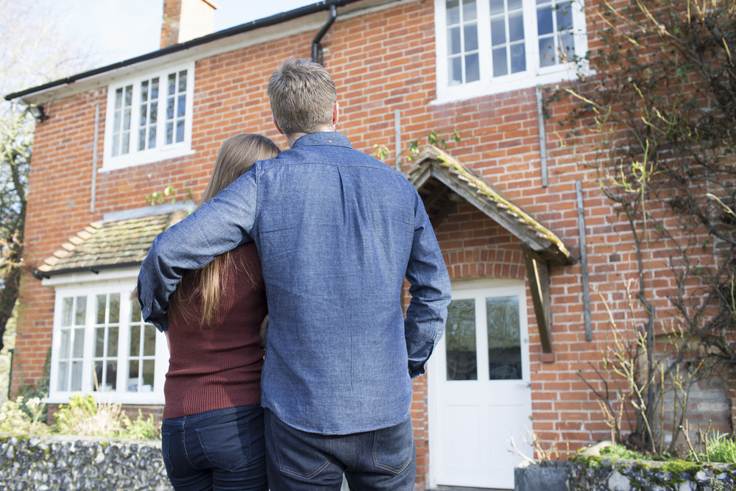
36% of Brits Wouldn’t Buy Property Where Someone Has Died
The latest Sell House Fast survey, received 113 responses from homebuyers, revealing that 36% of Brits wouldn’t buy a property where someone has died – if they knew about it. Although the seller is legally obliged to reveal the potential buyer anything that could lower the property’s value or affect its enjoyment, death may not always qualify as the type of information that must be disclosed before purchase.
British Homebuyers Also Turned Off by History of Violent Crime, Illegal Drug Production and Repossession/Eviction
As much as 44% of the surveyed homebuyers said they would have serious second thoughts about buying a property if they knew that someone died in it, even if the death occurred naturally. However, 8% of them said they would probably go through with the purchase for the right price. This implies that death in the property doesn’t only make it more difficult to sell but it also reduces the property’s value. How much a property may sell for depends on several factors including the condition of the property, its location and the events leading to death, among other things. Unsurprisingly, the majority of respondents said they would have the greatest difficulty overcoming murder and suicide as a staggering 67% of homebuyers can’t imagine living in a property with a history of violent death.
Besides death, the surveyed homebuyers also expressed reservations about buying property that was the site of rape or other violent crime (21%), followed by illegal drug production (13%) and house repossession /eviction (7%). The remaining 23% of respondents said they have no problems with any of the mentioned “faults” as long as there are no problems with the property it
When Must Death in the Property be Disclosed?
Under the Consumer Protection from Unfair Trading Regulations (CPRs), property vendors are obliged to declare any information that can decrease the value of the property or affect its enjoyment. Among other things, this also includes murder and suicide in the property. However, the CPRs doesn’t mention anything about natural death which means that the vendor may not always be legally obliged to disclose natural death to potential buyers.
How to Find Out if Someone Died in the Property?
There are several ways to find out more about the property’s history including things such as death, criminal activity and other potentially disturbing events:
Ask the seller or real estate agent
Even though they may not always be obliged to disclose death in the property, the majority of sellers/real estate agents will disclose it – but only if they are asked about it. So be sure to add the question, “Has someone died in the property?” to your list of questions to ask before going through with the purchase.
Ask the neighbours
Ideally, talk to older residents in the neighbourhood as they are usually a great source of information about local history and previous residents. And they are normally happy to share their memories with other people.
Browse the local newspapers
If the property has a sinister history, you will almost certainly find something about it in the local newspapers. So go to the library or check if digital archive is available online.
Go to the local archive
You may also be able to find out more about the property’s history by visiting the local archive and asking for resources that may contain information about things such as previous owners. These will give you a good starting point for further research on history of the property and its previous occupants including any known deaths in the property.
Hire a private detective or historian
While researching history of the property can be a lot of fun, it can also be very time-consuming. If you don’t have the time or patience, or both to do the research on the property’s history yourself, it’s worth to consider hiring a private detective or historian to do the research for you.
Feature image credit: Chickenstock Images/Shutterstock


